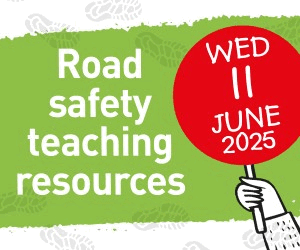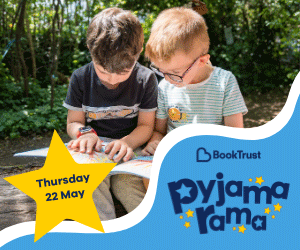Primary Times - the definitive what’s on and where to go family guide of activities and events for children of primary school age. Things to do with your kids during the school holidays including arts and craft activities, music and theatre for children, parties, competitions, days out, and family attractions along with term time drama schools, dance classes, after school clubs and sports activities. Things to do at a place near you!
New devices and online safety - NSPCC
With many children getting their hands on new tech over the festive period, such as a smart phone, tablet, games consoles or laptop, it's a great time to set up some parental controls, but also to have an open and honest conversation with your child about the risks online. Especially as this might be the first time, they have owned an internet-connected device.
The online world is huge part of children’s lives, but the internet is not without its risks. Often children can stumble across inappropriate and harmful content or even become victims of online abuse.
With new games and social media platforms constantly emerging and evolving it can feel hard to feel in control of your child’s online life.
So, here are some tips on how to help keep your child safe online:
1. Having regular conversations with your child is one the best ways to help keep them safe online. You can make it part of your weekly or daily routine, and these chats can be conversational and light-hearted. For example, you could ask them what platforms they enjoy using and why they like them. You could even ask them to teach you how to use a gaming platform they enjoy. Doing this will help you have insight into your child’s online life which will not only reassure you, but it will also help them feel relaxed about talking to you about what they see and do online. And more likely they will talk to you when they experience something upsetting. It is important to remind them of this, that you will always be there for them if they see anything that is worrying or upsetting them.
2. When they first set up their device, it’s important to talk to them about their privacy settings. Show them how they can set their apps to private through the settings function and explain to them that this means only people they are friends with can see their account which will help keep them safe.
3. Show them how to block accounts and remind that they can do this if they see anything that worries or upsets them.
4. Talk to them about the sorts of things that aren’t appropriate to share online. For example, make them aware that it’s important they don’t share any personal information such as where they live or go to school or anything that they wouldn’t be happy for a trusted adult in their life to see.
5. It’s also important to let them know what to do if they feel their online life is making them feel negatively about themselves. Remind them that they can take a break from being online and do something else that they enjoy. Also, show them how to restrict notifications on apps that might be overwhelming them.
For further support, parents and carers can visit the NSPCC’s online safety hub.
Remind your child they can also get in touch with the NSPCC’s Childline service to talk about an issue they may be too nervous to share with you yet, on 0800 1111 or online at childline.org.uk.





